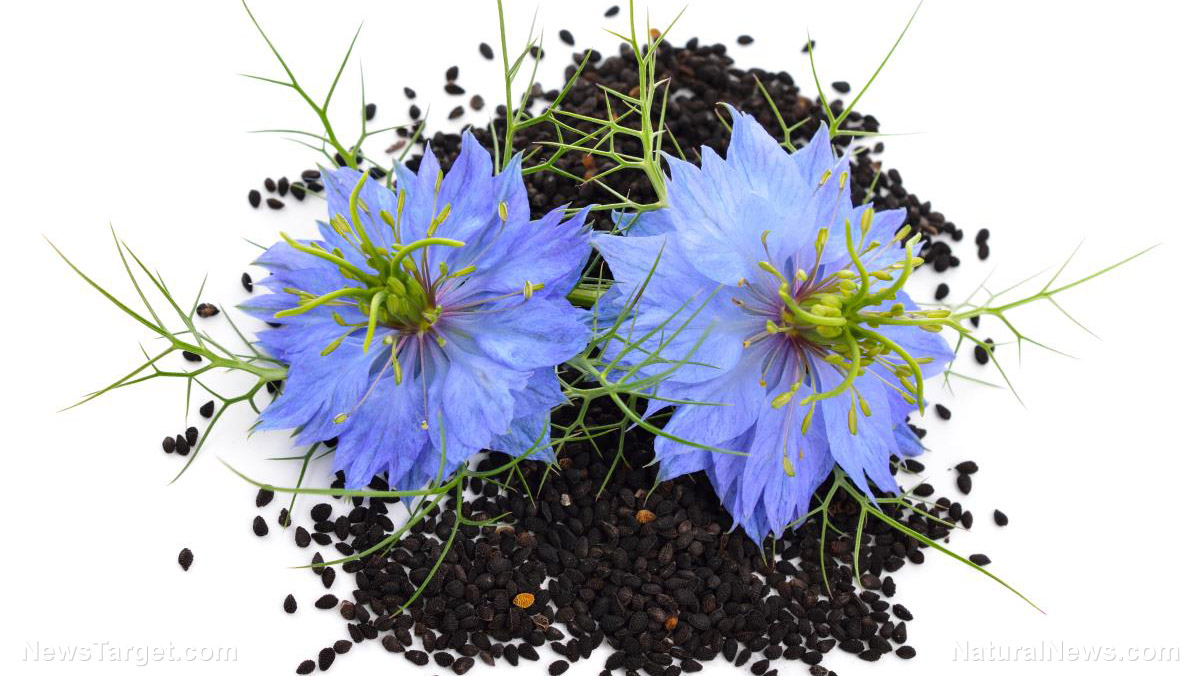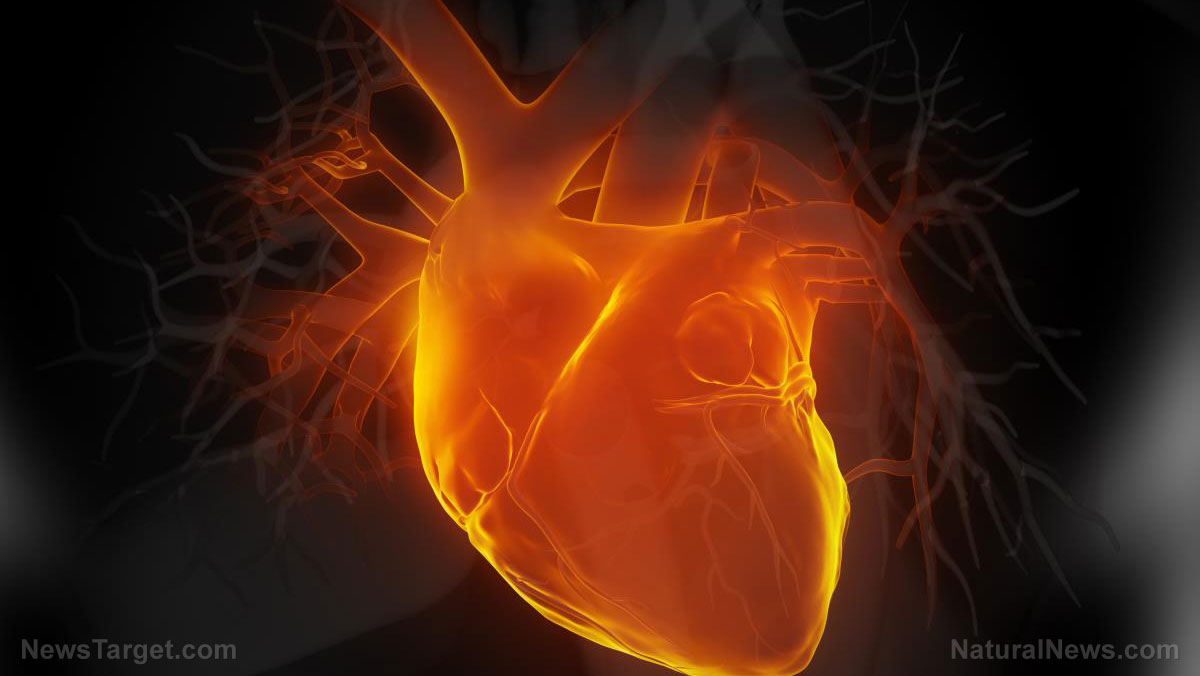07/08/2018 / By Rhonda Johansson
Modern medicine involves a lot of trial-and-error. Whatever benefits patients receive from a pharmaceutical is heavily shadowed by the various risks and side effects that typically accompany the drug. Such is the case for a particular type of blood pressure medicine and its apparent link to cancer.
A new study carried out by researchers from the Bayer College of Medicine concluded that calcium channel blockers (CCBs) raise the risk of pancreatic cancer in menopausal women. CCBs reduce blood pressure by reducing the amount of calcium that flows into the heart muscle and arterial cell walls. By limiting calcium flow, heart contractions are not as strong with each beat, causing blood vessels to relax – which, theoretically, leads to a lowered blood pressure.
Even so, authors of the recent study observed a direct link between CCBs and a likelihood of developing pancreatic cancer, especially among postmenopausal women. Of the participants, those who had taken a short-acting CCB (such as nifedipine and diltiazem) had a 66 percent increased chance of getting pancreatic cancer. Postmenopausal women who took the same short-acting CCB for over three years had a doubled risk of the cancer variety.
Safety considerations when being prescribed a CCB
CCBs are widely used in the treatment of hypertension, cardiac arrhythmias, and other heart conditions. Many cardiologists prescribe one form or another of a CCB for the initial management of certain cardiovascular events. Patients who follow this treatment plan are cautioned of common side-effects, including but not limited to:
- Constipation
- Dizziness
- Fatigue
- Headache
- Nausea
- Skin flushing or rashes
- Swelling in the lower extremities
Yet what is less shared are the major side-effects of long-term use of CCBs, especially short-acting ones. One study found that men who took short-acting calcium antagonists (as CCBs are also known as) had a significantly increased risk of bladder cancer. The authors of this particular study admitted that they “have no plausible explanation for this finding” and hypothesize that their results could be an error in statistics. (Related: Blood pressure meds more than double breast cancer risk.)
All the same, this is an anomaly that must be recognized by all patients who are currently taking CCBs.
Avoid the risks altogether
Thankfully, there are easier ways to lower blood pressure, without risking your health. Listed below are some natural remedies that can combat high blood pressure. (h/t to MedicalNewsToday.com.)
- Exercise – This is the best thing you can do to keep your heart healthy. Regular exercise makes your heart stronger and more efficient at pumping blood. Experts recommend at least 150 minutes of moderate exercise per week.
- Eat more potassium-rich foods – These ease pressure on your blood vessels. The best sources of potassium are green, leafy vegetables, bananas, tomatoes, and nuts and seeds.
- Learn how to de-stress – This is easier said than done, but proper stress management techniques will dramatically help your blood pressure. When you are chronically stressed, you force your body to enter into the fight-or-flight mode and stay there for an indefinite period of time. This makes your heart beat faster and constricts blood vessels.
- Manage weight – Being overweight or obese increases your risk of a weakened heart. Many studies have shown that merely losing 17 pounds (around 8 kg) lowered systolic blood pressure by 8.5 mm Hg and diastolic blood pressure by 6.5 mm Hg.
- Quit smoking – This is one of the strongest risk factors for heart disease. Chemicals in tobacco have been proven to damage blood vessels.
Remember that most cases of hypertension are lifestyle-driven. While there is a genetic connection in your risk of developing a heart condition, you can easily prevent or reverse it if you take better care of your health and practice proper lifestyle habits.
Sources include:
NaturalHealth365.com
Healthline.com
UptoDate.com
Hyper.AHAJournals.org
MedicalNewsToday.com


















